Sustainability, Free Full-Text
Por um escritor misterioso
Last updated 08 abril 2025
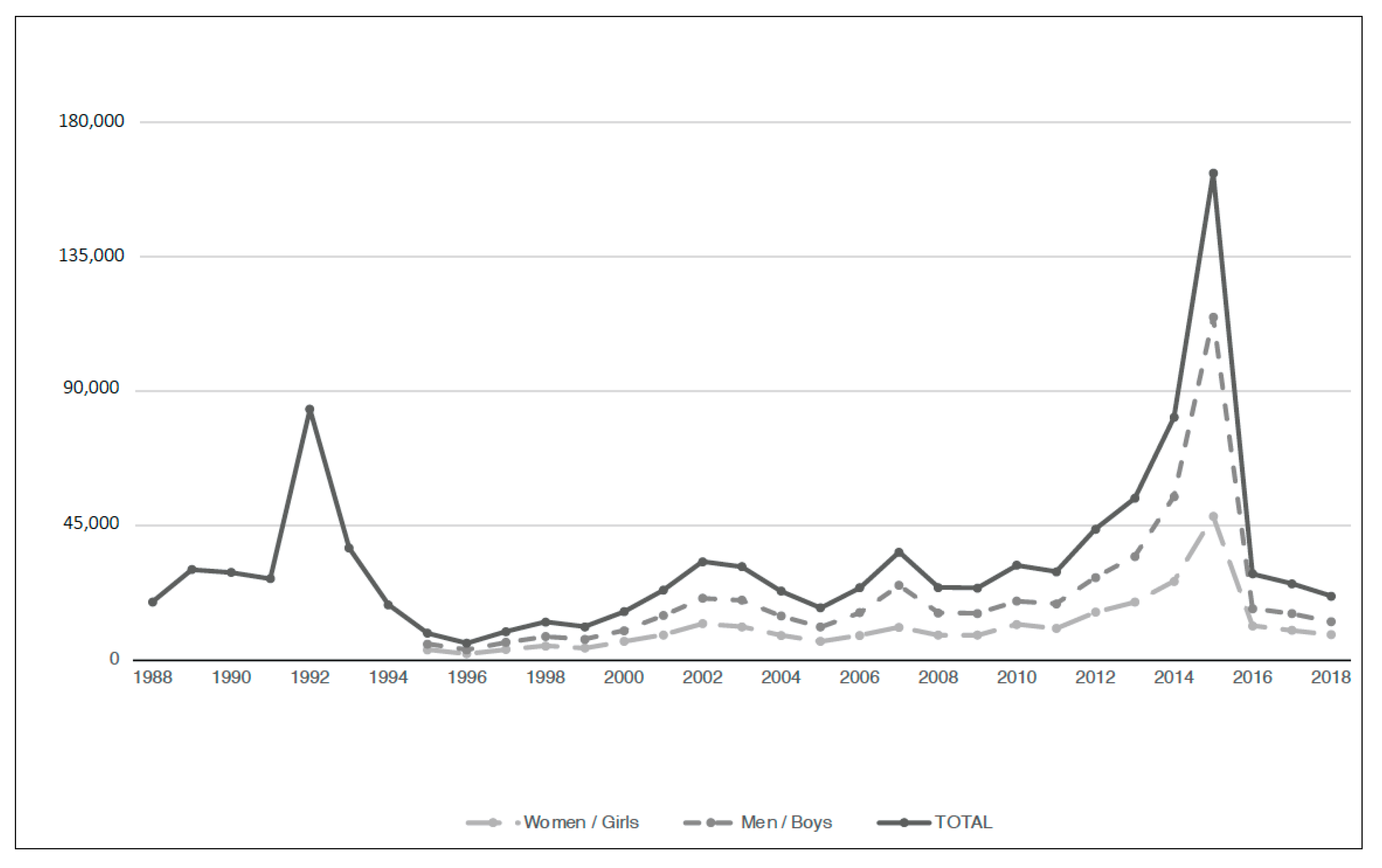
The resettlement and integration of a displaced population into a new society faces a plethora of challenges. These range from lack of national legal frameworks to plan and implement planned relocation, to the absence of a long-term vision, inadequate funds, and poor institutional structures. The 3-year EU Erasmus+ funded REGARD Project (REbuildinG AfteR Displacement) set out to address some of these challenges and develop guidance with a focus on the roles and responsibilities of the host and the resettled community in order to understand the needs of both. This paper focuses on the Swedish experience (one of four case studies in the project) in the aftermath of the mass influx of Syrian refugees in 2015. A needs assessment conceptual framework of both host and displaced communities guided the multi-method approach applied in the Sweden case where data was drawn from a scoped literature review on issues related to integration and social cohesion complimented and validated by in-depth interviews with a number of municipalities and non-governmental organizations all working with asylum seekers resettlement. The results of the research indicate that while the Swedish case was a relative success by comparison to others in Europe, there was still systemic shortcomings that needed attention. First, cooperation and coordination between government and non-governmental actors and at different levels up and down the chain of services provided for resettled refugees is still lacking where the reality on the ground is not fully grasped by centrally driven policy and decision-making. Second, what determines the effectiveness of resettlement and integration efforts is focusing on the individuality of each displacee’s needs and circumstances where one-size does not fit all, and recognizing that integration is a two-way process that has to involve both host and guest community and not simply the absorption of one into the other. Finally, the paper concludes that the pressured and often highly politicized situations both host and guest community are put into usually force rapid responses, while long-term visions and sustainable solutions when adequate time is taken to establish trust and build viable networks between the two communities can lead to far better results.
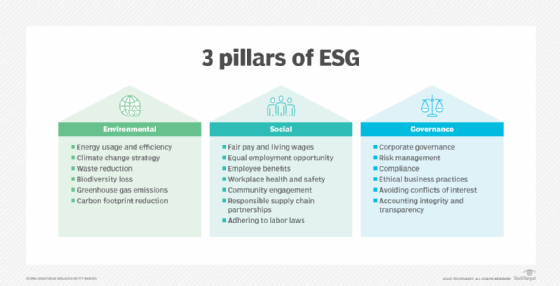
What is environmental, social and governance (ESG)?
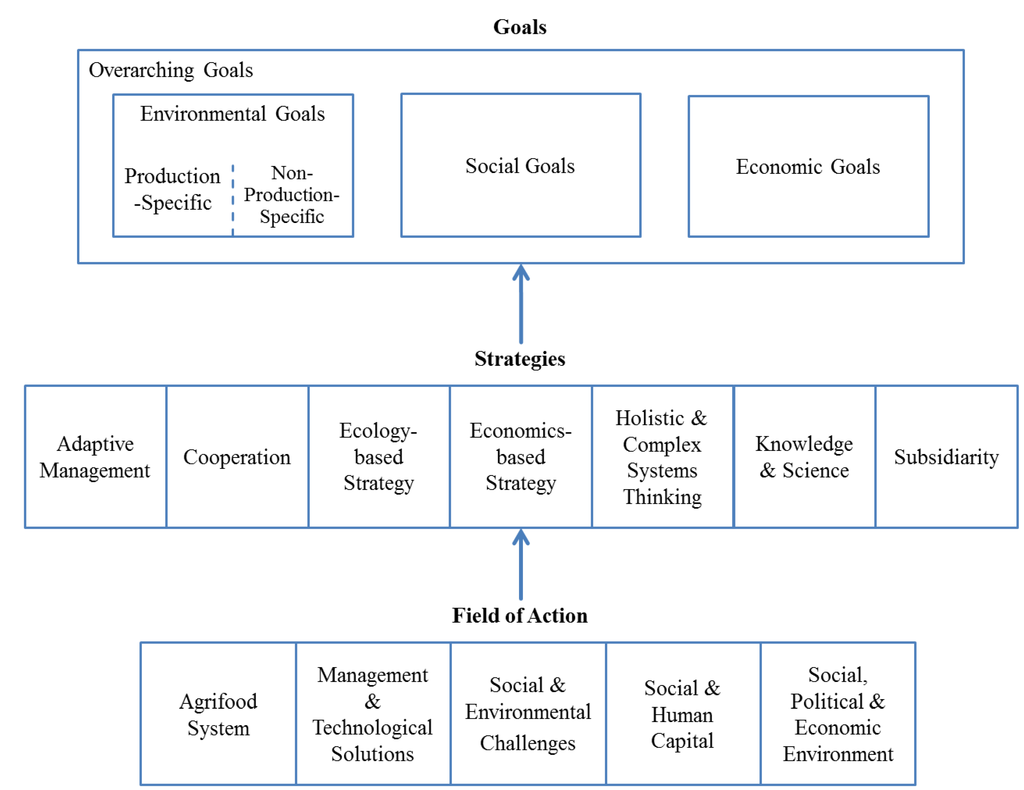
Sustainability, Free Full-Text

Sustainable business models as boundary-spanning systems of value
:max_bytes(150000):strip_icc()/terms_s_sustainability_FINAL-78ce04eecd9b42e8ab1222b98c6aa79e.jpg)
What is Sustainability? How Sustainabilities Work, Benefits, and

Home sustainable-stories
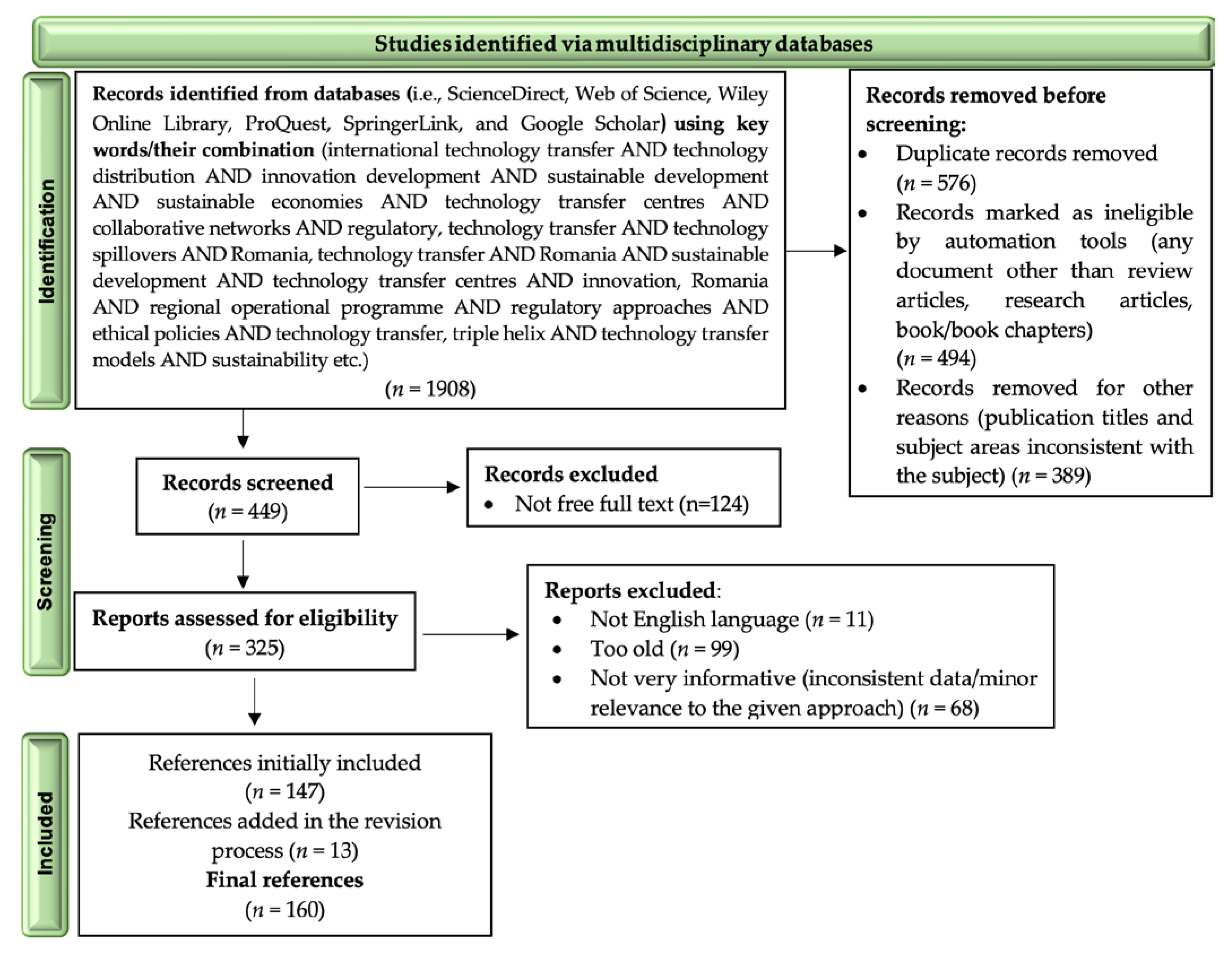
Sustainability, Free Full-Text

SOLUTION: Pelenc weak sustainability versus strong sustainability
Sustainability : a reader for writers : Herndl, Carl George : Free
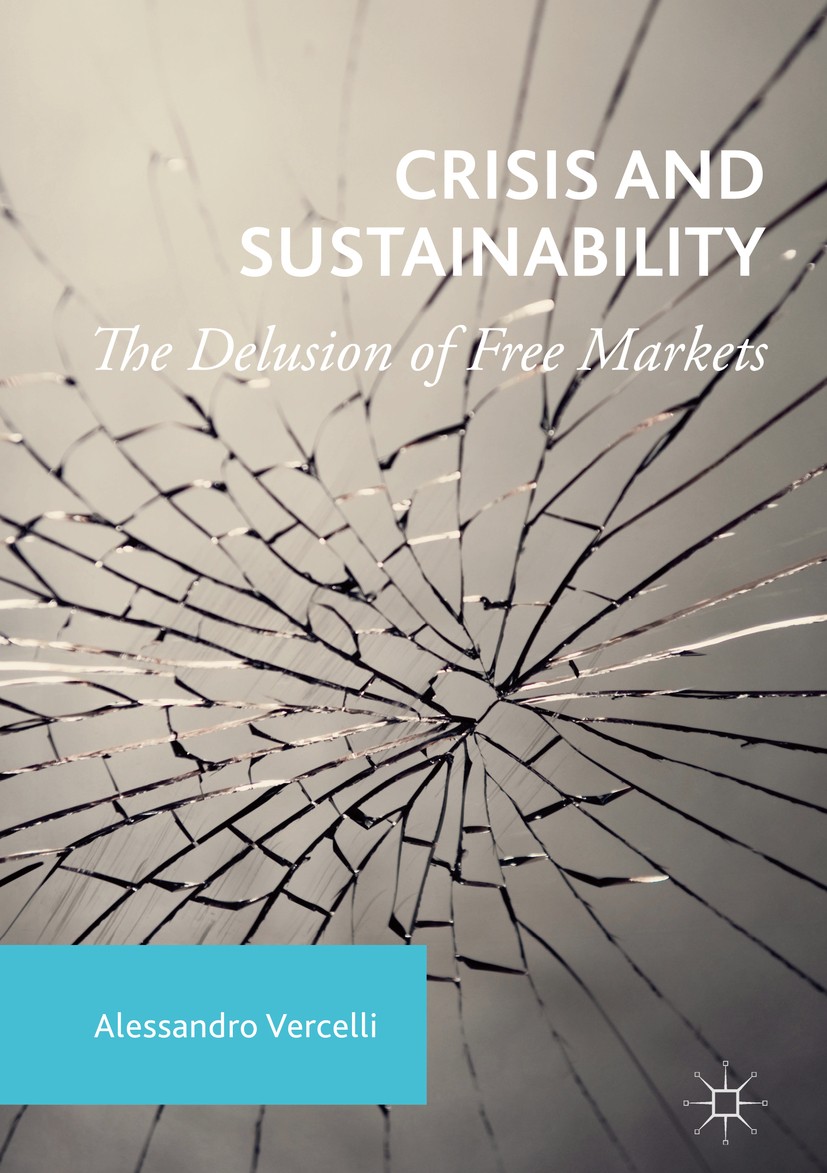
Crisis and Sustainability
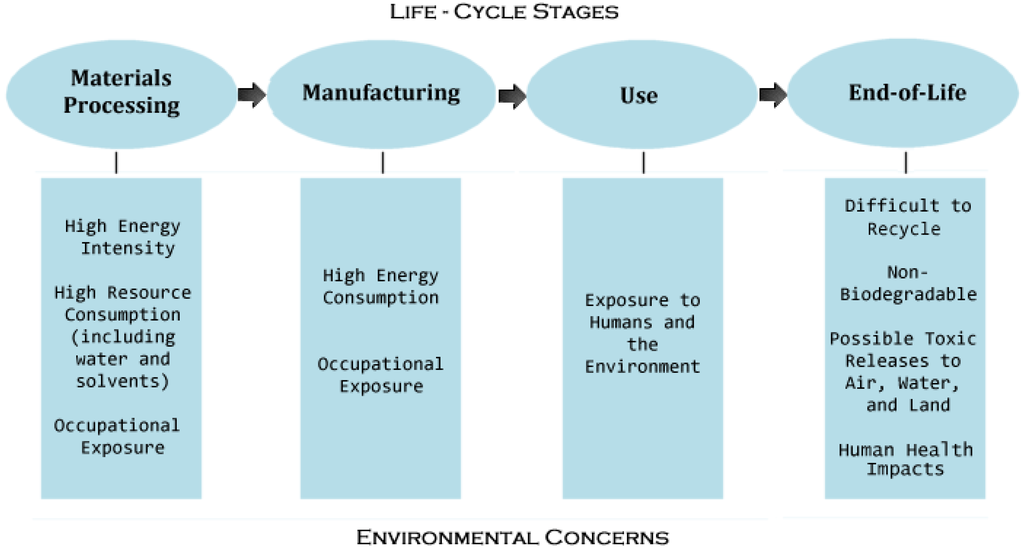
Sustainability, Free Full-Text
Sustainability, Free Full-Text
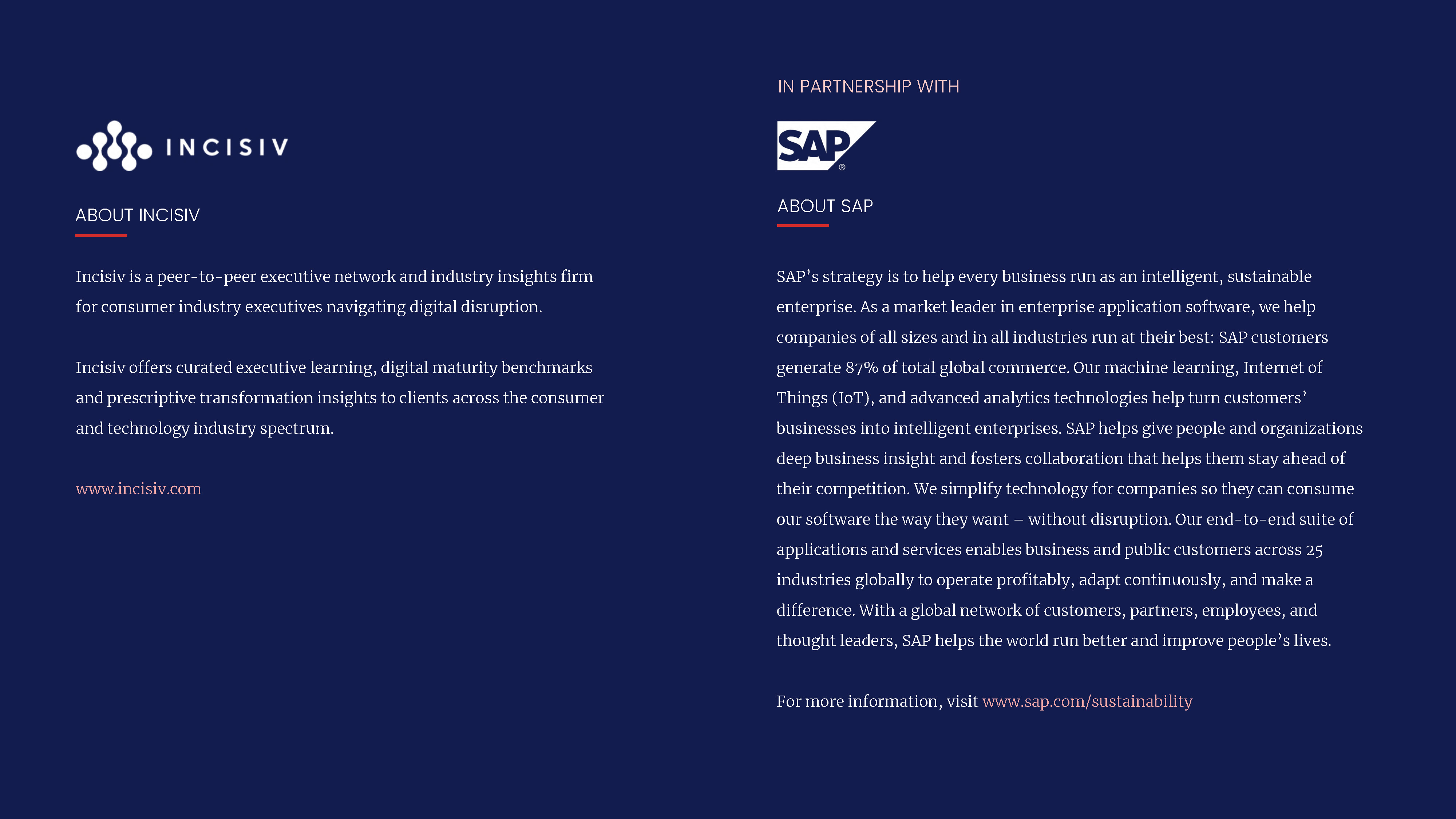
Building Sustainable Food and Grocery Retailers

Energy Efficiency & Sustainability Experts
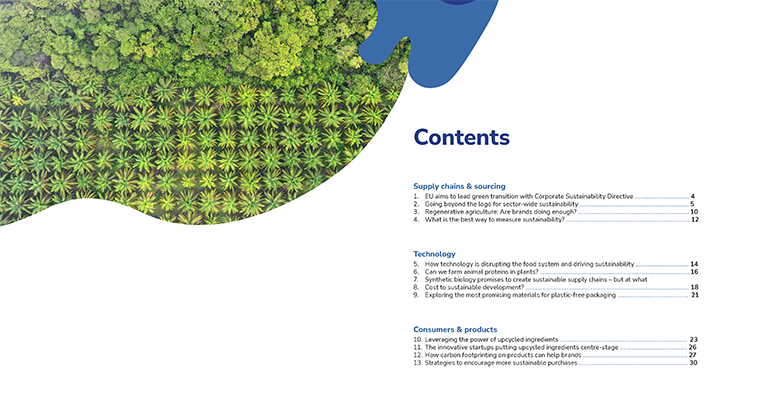
Spotlight on sustainability: Future-proofing the food supply chain
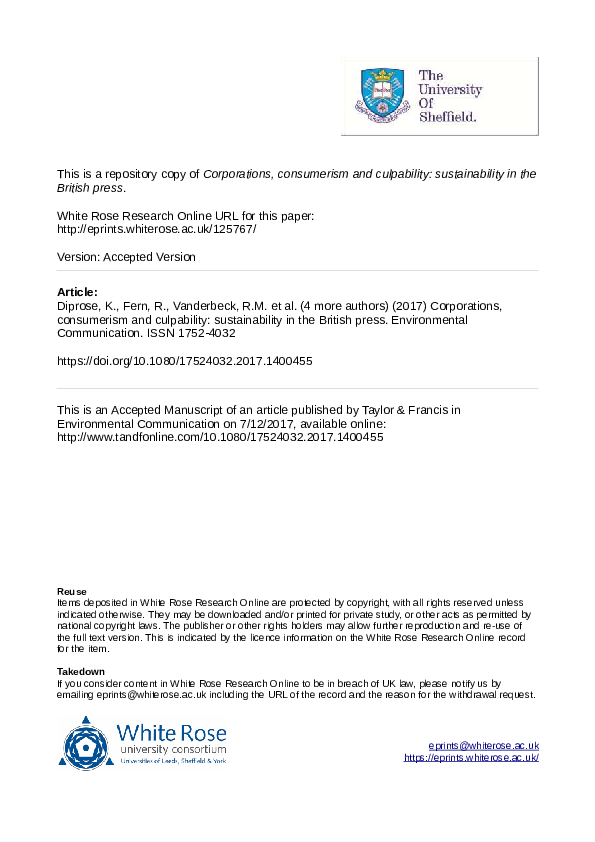
PDF) What the Papers Say: Trends in Sustainability. A Comparative
Recomendado para você
-
 Project New World codes08 abril 2025
Project New World codes08 abril 2025 -
 Will Rogers World Airport - Wikipedia08 abril 2025
Will Rogers World Airport - Wikipedia08 abril 2025 -
 Veracruz - Wikipedia08 abril 2025
Veracruz - Wikipedia08 abril 2025 -
 How To Get All The Weapons In Roblox Project New World08 abril 2025
How To Get All The Weapons In Roblox Project New World08 abril 2025 -
 Fairbanks International Airport - Wikipedia08 abril 2025
Fairbanks International Airport - Wikipedia08 abril 2025 -
 SKIP: A book connecting industrious people with land owners by paul wheaton — Kickstarter08 abril 2025
SKIP: A book connecting industrious people with land owners by paul wheaton — Kickstarter08 abril 2025 -
Borrow 10000 from 401k08 abril 2025
-
 Agility - The RuneScape Wiki08 abril 2025
Agility - The RuneScape Wiki08 abril 2025 -
 Calaméo - Marine Algae_ Biodiversity, Taxonomy, Environmental Assessment, And Biotechnology ( PDFDrive ).08 abril 2025
Calaméo - Marine Algae_ Biodiversity, Taxonomy, Environmental Assessment, And Biotechnology ( PDFDrive ).08 abril 2025 -
 Productivity and Wages: What Was the Productivity–Wage Link in the Digital Revolution of the Past, and What Might Occur in the AI Revolution of the Future?08 abril 2025
Productivity and Wages: What Was the Productivity–Wage Link in the Digital Revolution of the Past, and What Might Occur in the AI Revolution of the Future?08 abril 2025
você pode gostar
-
 Stream Please don't break my heart - Maxii De Prophesor ft IZY08 abril 2025
Stream Please don't break my heart - Maxii De Prophesor ft IZY08 abril 2025 -
 🍥 DESAFIO NARUTO: RESPONDA 15 PERGUNTAS EM 10 SEGUNDOS! FÁCIL08 abril 2025
🍥 DESAFIO NARUTO: RESPONDA 15 PERGUNTAS EM 10 SEGUNDOS! FÁCIL08 abril 2025 -
 One Punch Man Hero: Why is Saitama the Ultimate OPM Superhero? - MyAnimeList .net08 abril 2025
One Punch Man Hero: Why is Saitama the Ultimate OPM Superhero? - MyAnimeList .net08 abril 2025 -
 Why Spider-Man: Across The Spider-Verse Is A Cinematic Masterpiece08 abril 2025
Why Spider-Man: Across The Spider-Verse Is A Cinematic Masterpiece08 abril 2025 -
 Best Fallout 4 Player Home Mods in 2019 - PwrDown08 abril 2025
Best Fallout 4 Player Home Mods in 2019 - PwrDown08 abril 2025 -
![Ace Combat 7: Skies Unknown] Confira as novas missões que chegam](https://www.oficinadanet.com.br/imagens/post/27744/capa_ace_combat_7_dlc_1400x875_5d83958261bb6.jpg) Ace Combat 7: Skies Unknown] Confira as novas missões que chegam08 abril 2025
Ace Combat 7: Skies Unknown] Confira as novas missões que chegam08 abril 2025 -
 Premier Checking Account Premium Banking - HSBC Bank USA08 abril 2025
Premier Checking Account Premium Banking - HSBC Bank USA08 abril 2025 -
Vampire: The Masquerade - Shadows of New York for Nintendo Switch - Nintendo Official Site08 abril 2025
-
 Bonecas em miniatura para Barbie, Kawaii Itens, Mini Figuras08 abril 2025
Bonecas em miniatura para Barbie, Kawaii Itens, Mini Figuras08 abril 2025 -
 MI Krikor Mekhitarian antes da 5ª rodada em La Laguna08 abril 2025
MI Krikor Mekhitarian antes da 5ª rodada em La Laguna08 abril 2025
